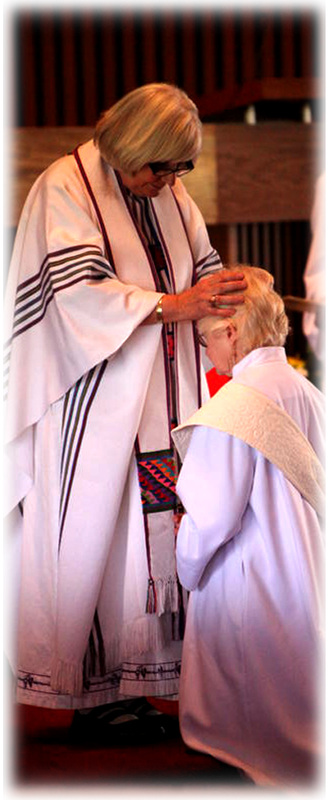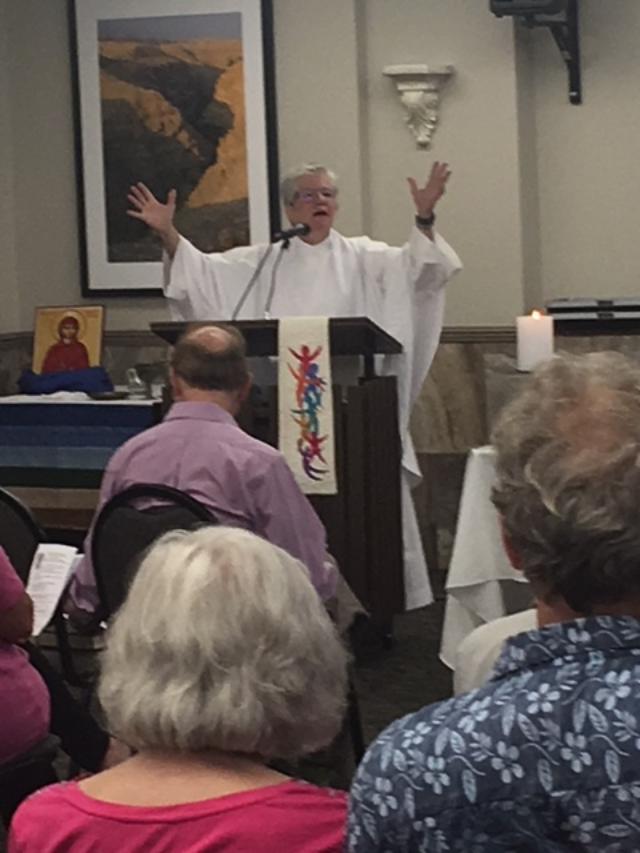February 23, 2025
Seventh Sunday in Ordinary Time
Helen Weber-McReynolds, RWCP
1 Samuel 25: 2-34; Ps. 103; 1 Peter 3: 8-12; Luke 6: 27-38
Our Gospel this Sunday is one we have heard many times. I’d like to point out two things about it, and then move on to our fascinating first reading. We understand that we should treat others as we would like to be treated. Almost every religion and culture has a similar guideline. But then Jesus says to go beyond that—to treat others as they would like to be treated. He asks us to love our enemies and do good to them. He asks us to give without expecting repayment. He asks us to spend our lives working on loving as freely as God loves, remembering that God loves “even the ungrateful and the wicked.”
On the business of turning the other cheek: Being slapped on the right cheek in Jesus’ culture was a back-handed slap- the way a superior would slap a subordinate, a cheap shot. It was meant to shock, to catch the other off-guard, to wake them up to the boss’s displeasure. Offering the left cheek would mean refusing to fight back. It would demand being struck as an equal. It would be saying, “Go ahead, slap me again. This time recognizing my humanity. Looking one another in the eye. Do you have the nerve to do that? Or the cruelty? Or are you only capable of impulsive outbursts?”
In the midst of freezing government aid to sick and poor people all over the world, of thousands of hardworking civil servants being fired arbitrarily, of our Chief Executive going back on all our country’s promises to its allies, our response must be to stand up and resist, but without violence. Violence, name-calling, profanity, disrespect—all these rob us of the power of love. Dr. Martin Luther King said,
“So Jesus says love. When he says it he means it. Love is not meekness, without muscle. Love is not sentimentality without spine. Love is not a tender heart without a tough mind. While it is none of that, it does mean caring. Love means going to any length to restore the broken community. Love means going the second mile to restore the broken community. Love means turning the other cheek to restore the broken community.”
Violence only snowballs—remember Dr. Suess’ Butter Battle Book? On the other hand, returning compassion for cruelty destroys the power of evil. It increases the measure of gracious mercy in the world. But we are only capable of behaving graciously through the grace of God. The Holy Spirit helps transform us to be able to imitate the mercy of Christ. We are able to love unselfishly because God has so loved us first.
To me, the most unique perspective today is provided by our first reading, the story of Abigail. This reading is never included in the canonical lectionary, for a Sunday or a daily Mass. Abigail was in a tight spot. Her foolish husband had thoughtlessly disrespected the leader of a powerful army. But Abigail thought quickly and spoke gracefully to avert a war. And she offered food- bread and wine, with meat and fruit. She proved that she recognized the humanity of David and his troops and offered what all humans need and enjoy—nourishment, hospitality, sharing one’s gifts.
David appreciated the food and wine, but most of all the opportunity to pause and reconsider his actions. In the end, he blessed Abigail most for delivering him from the guilt of committing bloodshed and revenge. He wanted to follow God’s law of love, and Abigail had helped him find a way to do it. She helped find a non-violent way to solve the problem, a way to supersede disrespect with honor
Let us learn to be Abigails. Let us learn to right wrongs by honest, respectful communication and sharing our blessings. Let us work to turn around potential violence by grace and attention to meeting the needs of others. Let us strive to be smarter, stronger, and more loving than those who live by the sword, by looking for peaceful ways to resolve conflicts and make sure everyone involved feels they have been heard and listened to. Let us, by our examples, learn to guard one another against the guilt of violence against our created human and more-than-human siblings. Let us endeavor, over the course of our lives, to be compassionate as God is compassionate, and to leave any judgement of others to God.
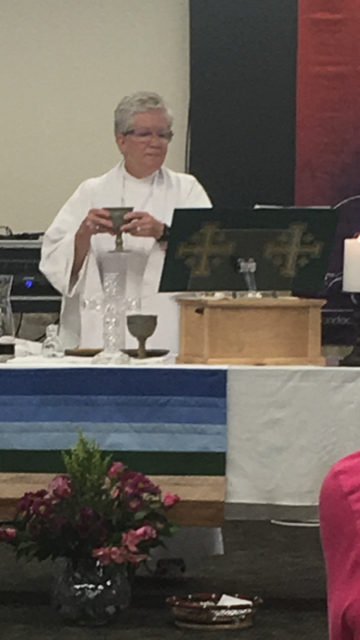
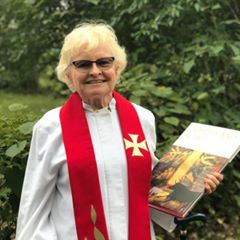
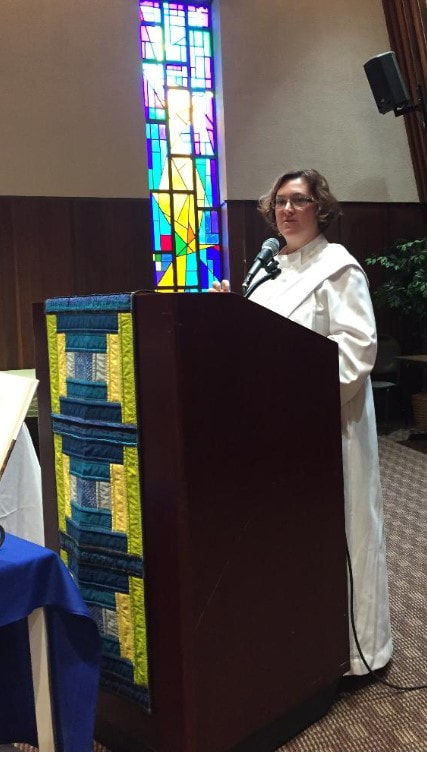
 RSS Feed
RSS Feed
